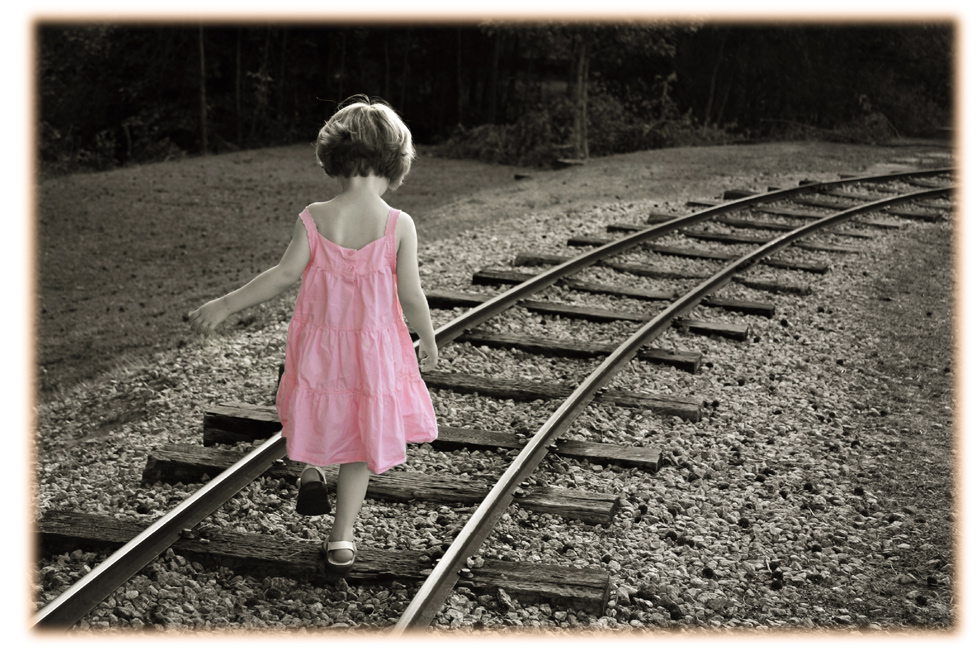The Four Styles of Parenting
Dismissing Parent-Disapproving Parent
Permissive Parent-Conscious Parent
THE DISAPPROVING PARENT

CHARACTERISTICS
- displays many of the Dismissing Parent's behaviors but in a more negative way
- judges and criticizes the child's emotional expression
- is over-aware of the need to set limits on their children
- emphasizes conformity to good standards or behavior
- reprimands, disciplines, or punishes the child for emotionalm expression whether the child is misbehaving or not
- believes the expression of negative emotions should be time-limited
- believes negative emotions reflect bad character traits
- believes the child uses negative emotions to manipulate, this belief results in power struggles
- believes negative emotions need to be controlled
- believes emotions make people weak; children must be emotionally tough for survival
- believes negative emotions are unproductive, a waste of time
- sees negative emotions (especially sadness) as a commodity that should not be squandered
- is concerned with the child's obedience to authority
EFFECTS
The effects are the same as the Dismissing Parent, children learn that their feelings are wrong, inappropriate or invalid. They may learn that there is something inherently wrong with them because of the way they feel. A child cannot understand why the emotions that he is feeling are not recognized by the parent as valid. A child may have difficulty regulating her own emotions and the emotional connection with the parent is lost in favor of behavior control. Children may also be confused by the mixed messages of punishment and/or praise.
A Self-Test: What Style of Parent Are You?
The Heart of Parenting: Raising an Emotionally Intelligent Child
p.43-48, John Gottman Ph.D., ©1997 Simon & Schuster
The Disapproving Parent: Return to What's My Parenting Style Score
The Disapproving Parent: Return to Home
